Cours du Yield Guild Games

Avis de non-responsabilité
Infos sur le marché du Yield Guild Games
Cap. boursière = offre en circulation × dernier cours

Calculateur YGG


Prix Yield Guild Games aujourd’hui en USD
Conversions de Yield Guild Games populaires
| 1 YGG en USD | 0,20170 $ |
| 1 YGG en EUR | 0,17765 € |
| 1 YGG en PHP | 11,3394 ₱ |
| 1 YGG en IDR | 3 396,19 Rp |
| 1 YGG en GBP | 0,15159 £ |
| 1 YGG en CAD | 0,27944 $ |
| 1 YGG en AED | 0,74085 AED |
| 1 YGG en VND | 5 248,50 ₫ |
À propos du Yield Guild Games (YGG)
- Site web officiel
- Livre blanc
- Explorateur de blocs
FAQ Yield Guild Games
Les joueurs qui font partie de la guilde de Yield Guild Games bénéficient d'un accès à des actifs de valeur dans le jeu sans avoir besoin d'un paiement initial important. Ils peuvent gagner des récompenses dans le jeu et des bénéfices grâce aux actifs qu'ils utilisent, créant ainsi une situation gagnant-gagnant à la fois pour Yield Guild Games et pour ses membres. En outre, YGG s'étend continuellement à de nouveaux marchés de jeux et développe des produits et services innovants pour aider les joueurs à gagner encore plus d'argent. Parmi les exemples, citons les plateformes de culture de rendement et les outils de gestion de guilde.
Les joueurs peuvent participer à Yield Guild Games en devenant membre de son réseau SubDAO, en prêtant leurs NFT pour permettre à d'autres joueurs d'accéder à des jeux de type "play-to-earn" (P2E) et de gagner des récompenses. En mettant en commun les ressources et les connaissances, Yield Guild Games offre aux joueurs la possibilité de générer des revenus et de participer à l'économie croissante de la métaverse, en créant ainsi de nouvelles voies pour l'autonomisation économique et l'inclusion financière.
Achetez facilement des tokens YGG sur la plateforme de crypto-monnaie OKX. Les paires d'échange disponibles dans le terminal d'échange au comptant d'OKX sont les suivantes YGG/USDT et YGG/USDC.
Vous pouvez également acheter YGG avec plus de 99 monnaies fiduciaires en sélectionnant le bouton "Acheter Express". D'autres tokens crypto populaires, tels que Bitcoin (BTC), Ethereum (ETH), Tether (USDT), et USD Coin (USDC), sont également disponibles.
En outre, vous pouvez échanger vos crypto-monnaies existantes, notamment XRP (XRP), Cardano (ADA), Solana (SOL), et Chainlink (LINK), pour YGG avec zéro frais et sans slippage de prix en utilisant OKX Convert.
Pour consulter les prix de conversion estimés en temps réel entre les monnaies fiduciaires, telles que l'USD, l'EUR, la GBP et d'autres, en YGG, visitez la page OKX Crypto Converter Calculator. La bourse de crypto-monnaies à haute liquidité d'OKX garantit les meilleurs prix pour vos achats de crypto-monnaies.
Déclaration ESG
Calculateur YGG













